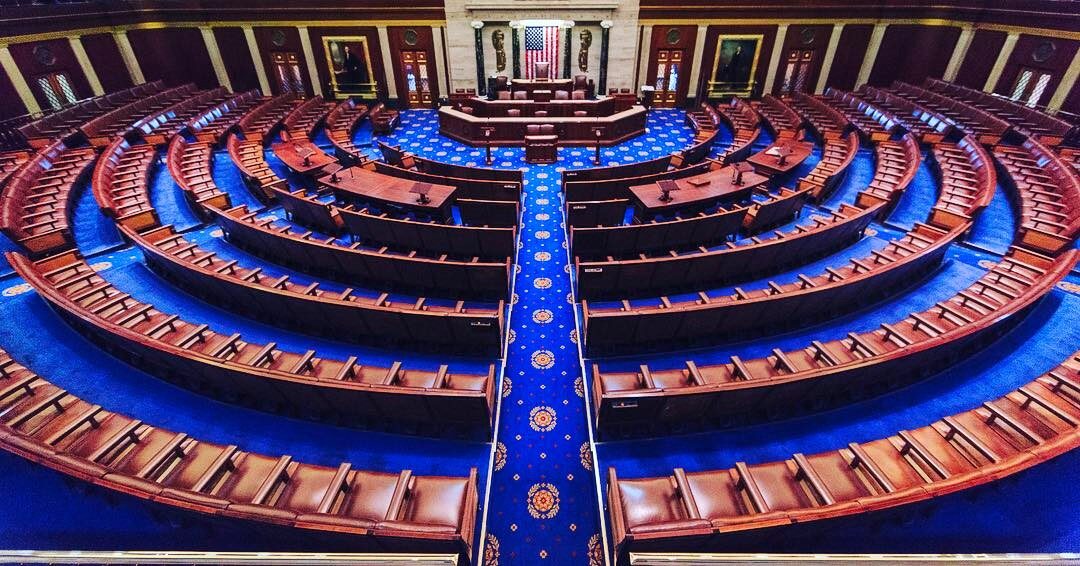With analysts from S&P Global Mobility forecasting that electric vehicles (EV) could make up half of automotive sales by 2030, several challenging must be overcome in order to support this fast-growing industry. Two of those challenges are building a domestic supply chain and the EV battery manufacturing workforce.
The U.S. Department of Energy has actively supported the buildout of the EV industry, beginning with the $7,500 tax credit available to EV buyers through the Inflation Reduction Act. Another program was launched through the Infrastructure Investment and Jobs Act of 2021, which allocated $7.5 billion to increase the EV charging network—the dearth of chargers seen as a deterrent to EV adoption in many regions. And now two new initiatives by the Department of Energy (DOE) are aimed at battery supply chain issues and training the battery workforce.
According to DOE, 1.4 million EVs were sold last year and with more growth forecast, the battery market is projected to grow as much as 10-fold by 2030. To build a domestic supply chain to serve this market, DOE announced $62 million for 17 projects to increase and improve battery recycling. Battery recycling removes critical materials that can be reused in battery manufacturing, thus reducing demand new materials and reducing costs for the U.S. battery supply chain.
“Capturing the full battery supply chain—from sourcing critical materials to manufacturing to recycling—puts the U.S. in the driver’s seat as we build our clean energy economy,” said U.S. Secretary of Energy Jennifer M. Granholm.
The 17 projects selected for DOE’s Consumer Electronics Battery Recycling, Reprocessing, and Battery Collection funding opportunity include:
- Expanding Participation in Consumer Electronics Recycling: Increasing collection of end-of-life consumer electronics and stand-alone batteries for recycling is a key element in developing a sustainable domestic source of battery-grade materials. Four projects were selected to do this through student education and outreach, including e-waste collection events, representing $14.4 million in funding.
- Improving the Economics of Recycling Consumer Electronics Batteries: Generating greater market demand for recycling consumer electronics batteries through innovative, cost-saving approaches to pre-processing and sorting. Seven projects were selected to do this through approaches including artificial intelligence and automated sorting, representing $40.1 million in funding.
- Establishing Programs to Collect Consumer Electronics Batteries: Implementing projects that will assist States and local governments in the initiation or enhancement of battery collection, recycling, and reprocessing. Six projects were selected to do this through approaches including battery collection drop-off programs and deploying battery storage and sorting facilities, representing $7.2 million in funding.
This funding builds on previously announced investments in strengthening the domestic battery supply chain by supporting upstream materials processing to create the precursor materials for batteries including the more than $74 million announced to date to advance EV battery recycling and second-life applications.
Learn more about the projects selected for award negotiation here.
Battery Workforce Initiative
DOE in coordination with the U.S. Department of Labor (DOL), announced the Battery Workforce Initiative (BWI)’s National Guideline Standards for registered apprenticeships for battery machine operators. Over 400 EV and battery manufacturing facilities have been announced in the U.S. in the past three years, according to DOE, underscoring the need to grow a skilled workforce.
The guidelines were created in partnership with battery manufacturers, community colleges and unions, with the intention of training the workforce needed to support the burgeoning EV industry.
The announcement took place in Lansing, Michigan near the Ultium Cells factory being built with support from DOE Loan Program Office. Ultium Cells, a joint venture between General Motors and LG Energy Solution, will manage battery cell production at the three facilities located in Michigan, Tennessee and Ohio. The Ultium project alone is expected to create approximately more than 11,000 good-paying jobs—6,000 in construction jobs and 5,100 in operations—across the three facilities, including more than 700 United Auto Worker jobs in the newly-organized Warren, Ohio facility.
DOE reports that National Energy Technology Lab will launch the BWI Pilot Training this month. The next step will be to look at other jobs in the battery supply chain, and BWI is convening stakeholders working on battery-grade materials processing and recycling to determine the skills needed for that workforce.
Learn more about the Battery Workforce Initiative.
This content is protected by copyright and may not be reused. If you want to cooperate with us and would like to reuse some of our content, please contact: editors@pv-magazine.com.









By submitting this form you agree to pv magazine using your data for the purposes of publishing your comment.
Your personal data will only be disclosed or otherwise transmitted to third parties for the purposes of spam filtering or if this is necessary for technical maintenance of the website. Any other transfer to third parties will not take place unless this is justified on the basis of applicable data protection regulations or if pv magazine is legally obliged to do so.
You may revoke this consent at any time with effect for the future, in which case your personal data will be deleted immediately. Otherwise, your data will be deleted if pv magazine has processed your request or the purpose of data storage is fulfilled.
Further information on data privacy can be found in our Data Protection Policy.